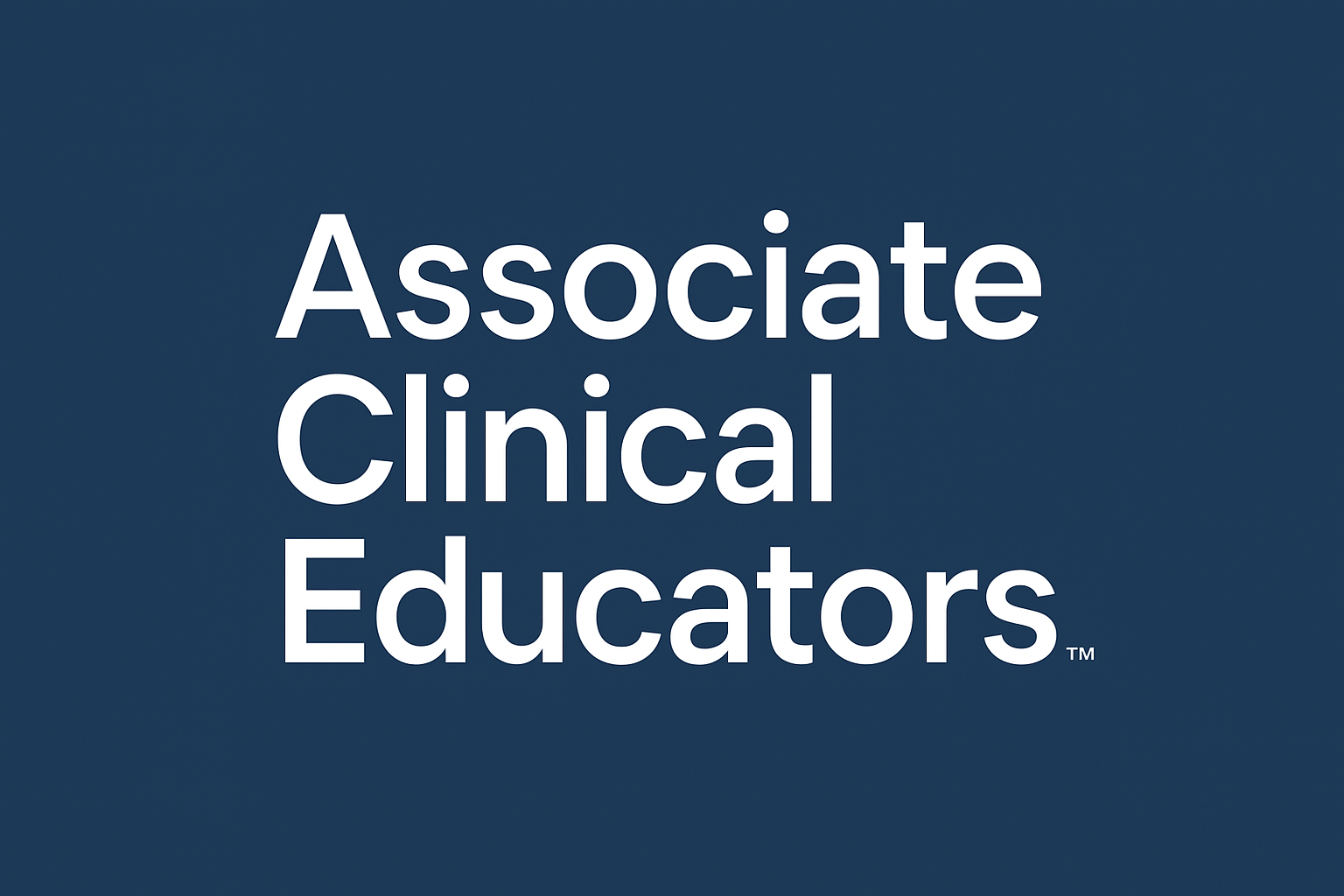The Perils of Certainty in Medical Education: How Rigidity Stifles Creativity, Innovation, and Open-Mindedness
Medicine has always carried an expectation of certainty. Patients seek definitive answers....
Read Moreby R Spour | Apr 30, 2025 | Associate Clinical Educators, Clinical Education, Meducate Academy | 0 |
Medicine has always carried an expectation of certainty. Patients seek definitive answers....
Read Moreby R Spour | Jan 24, 2025 | Meducate Academy, Pharmacy Education | 0 |
Critical Thinking and Writing for Undergraduate Pharmacists Developing critical thinking and...
Read Moreby R Spour | Sep 30, 2024 | Associate Clinical Educators, Meducate Academy | 0 |
Welcome to Meducate Academy’s 2nd year running Interactive Workshops at The Pharmacy Show...
Read Moreby R Spour | Jul 15, 2024 | Associate Clinical Educators, Birmingham University, Chester University, Cliniskills | 0 |
Meducate Academy’s summer season is a hive of activity, focused on preparing for the...
Read Moreby R Spour | May 28, 2024 | Associate Clinical Educators, Meducate Academy | 0 |
Meducate Academy – Reflecting on Our Recent Achievements and Future Goals in Medical...
Read Moreby R Spour | Mar 28, 2024 | Associate Clinical Educators, Clinical Education, Meducate Academy | 0 |
Navigating the intricacies of clinical communication is imperative for Associate Clinical Educators as they mould the next generation of healthcare professionals. Understanding this necessity, I’ve meticulously crafted a...
Read Moreby R Spour | Jan 12, 2024 | Associate Clinical Educators, Meducate Academy | 0 |
Discover practical insights for effective leadership in medical training with a focus on key concepts like the SMARTER model, team management styles, and situational leadership. Our guide discusses the importance of...
Read Moreby R Spour | Dec 3, 2023 | Associate Clinical Educators, Cliniskills, Meducate Academy | 0 |
Celebrating a dynamic year marked by unprecedented success for Meducate Academy, our journey unfolds with dedicated professionals actively sharing expertise with diverse students, from Physician Associates to Pharmacists. At the...
Read Moreby R Spour | Sep 4, 2023 | Associate Clinical Educators, Cliniskills, Meducate Academy | 0 |
Meducate Academy is excited to announce its transformative collaboration with Cliniskills, a leading healthcare training company dedicated to equipping healthcare providers with cutting-edge skills in response to the evolving...
Read Moreby R Spour | Jun 14, 2023 | Associate Clinical Educators, Meducate Academy | 0 |
Being an Associate Clinical Educator (ACE) is a rewarding and dynamic role that contributes to the education and growth of future healthcare professionals. The ACEs receive immense fulfilment from positive student feedback and...
Read Moreby R Spour | May 30, 2023 | Associate Clinical Educators, Meducate Academy | 0 |
In this article, we explore the role of ACEs in healthcare education and the importance of effective communication skills. We discuss the impact of active listening on building rapport with patients and avoiding...
Read Moreby R Spour | May 1, 2023 | Associate Clinical Educators, Meducate Academy | 0 |
If you’re an Associate Clinical Educator (ACE), you may have wondered what sets you apart from a simulated patient or medical role player. In this article, we will be exploring this question and providing a useful...
Read More
